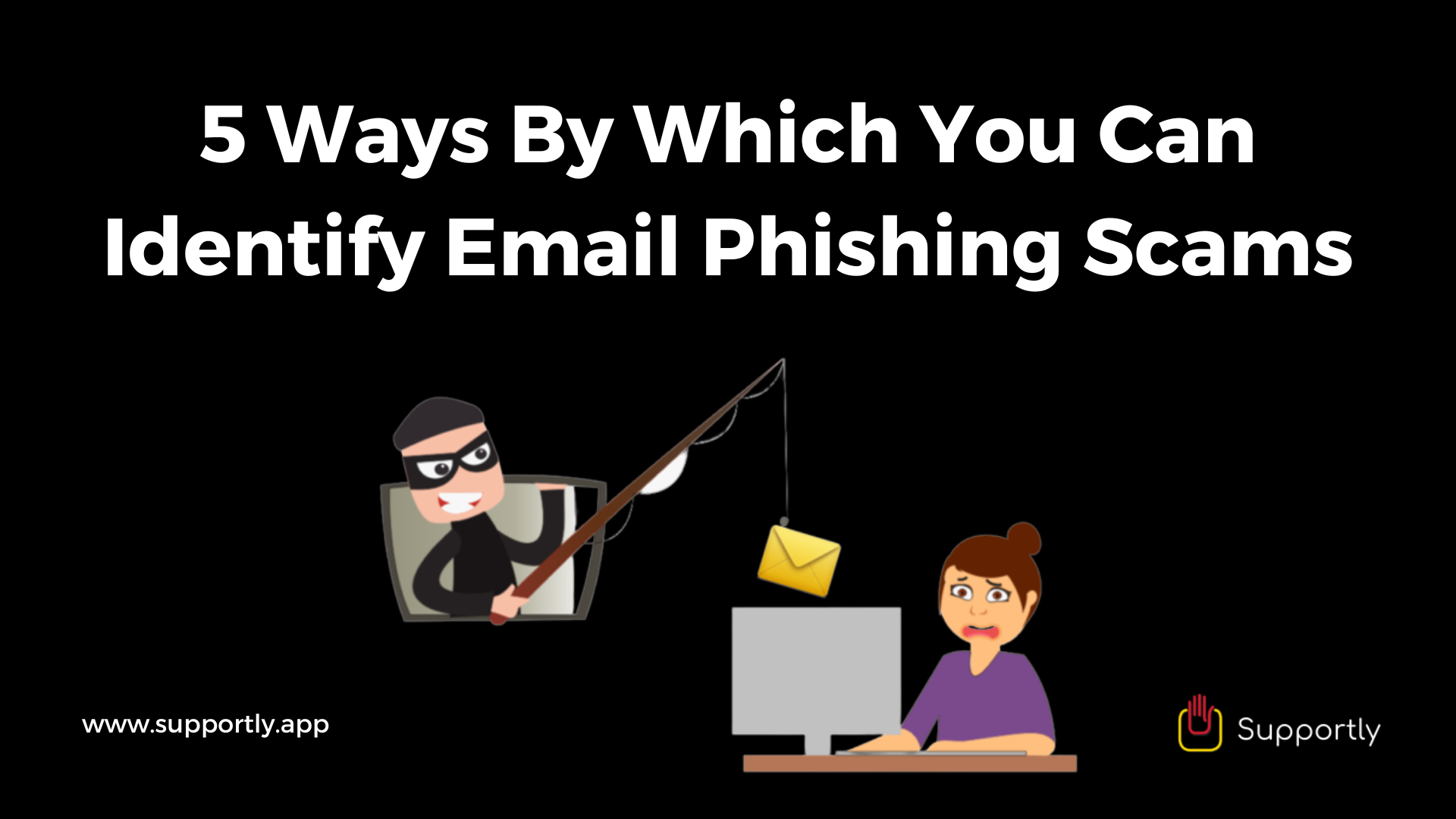Forgot Windows Login Password? Here’s How to Reset It Easily

Read the blog till the end to know more about email phishing scams.

In 2018, phishing scams cost businesses an estimated $1.3 billion. And with the pandemic forcing more people to work from home, these types of attacks are only expected to increase. But what exactly is phishing? And how can you protect yourself and your business from these fraudulent emails? Read on to find out!
Readers are advised to read the article until the end to grasp all the essential information about Email Phishing Scams.
One way to identify a phishing email is if the message is sent from a public email domain. These domains are usually free to use and anyone can create an account. This means that scammers can easily create an email account using a public domain. If you receive an email from the public domain, be suspicious of it.
If you receive an email from a sender with a domain name that is misspelled, it is likely to be a phishing email. This is because scammers will often register similar-sounding domain names in order to trick people into thinking they are dealing with a legitimate company. If you are unsure about the legitimacy of an email, you can always contact the company directly to check.
One way to identify a phishing email is by looking at the quality of the writing. Many phishing emails are poorly written, with grammar and spelling mistakes. This is often a sign that the email is not from a legitimate source. To spot a phishing email is by looking for grammatical errors and poor spelling. Scammers will often rush their emails in order to avoid detection. This can lead to mistakes in the email being made. If you see any errors in an email, it is best to delete it and not respond.
Personal information is safe by never sharing it online or through email unless you are sure that the website or person you are sharing it with is legitimate.
Phishing email fraud can be difficult to identify, but there are some signs that can indicate that an email is not legitimate. One of the most common signs of phishing email fraud is an attachment or link that appears to be infected with a virus. If you receive an email with an attachment or link that you are unsure about, it is best to delete the email and not click on the attachment or link.
Another sign of phishing email fraud is an email that asks for personal information such as your name, address, social security number, or bank account information. Legitimate companies will never ask for this type of information via email. If you receive an email asking for personal information, do not reply to the email and do not click on any links in the email.
Phishing email fraudsters often try to create a sense of urgency in their messages in order to get recipients to act without thinking. They may claim that there is a problem with your account or that you need to act immediately to avoid some negative consequence. If you receive an email like this, be suspicious and do not click on any links or provide any personal information.
Another red flag is if the message is addressed to "Dear Customer" or something similar instead of using your name. Real companies that communicate with their customers via email usually have the customer's name on file and will address them by name in the message.
You need to be suspicious of any email that asks you to provide personal information or login credentials. Legitimate companies will never ask for this type of information via email. If you receive such a request, do not respond and report the message to the company's customer service department.
Supportly stands strongly against all the phishing activities taking place globally. If you witness or experience any scamming activity, reach out to us at support@supportly.app.
I hope you found this article helpful; if you need assistance with a any tech support issue, call our customer service line at (+1) 855-748-0653 or visit our reputable website at https://www.supportly.app
Call Now : (+1) 855-748-0653
Live Chat or Call now: Click Here
Download App for Android: Click Here
Download App for iOS: Click Here